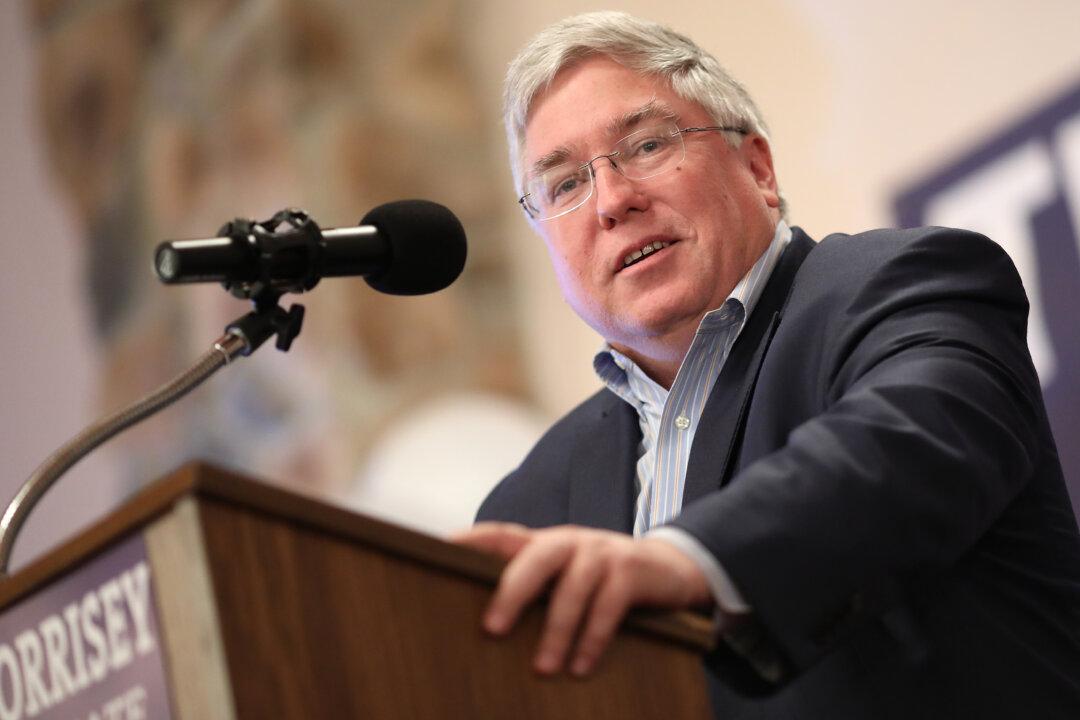The attorneys general of 17 states are asking the Supreme Court to take up the civil rights lawsuit of an evangelical Christian postal worker in Pennsylvania who quit the U.S. Postal Service after it refused to accommodate his wish not to work on the Sunday Sabbath.
The legal filing comes as the Supreme Court is poised to begin its new session on Oct. 3, its first with Biden appointee Justice Ketanji Brown Jackson on the bench. It also comes as the high court has become increasingly protective of First Amendment-based religious protections in recent years.





